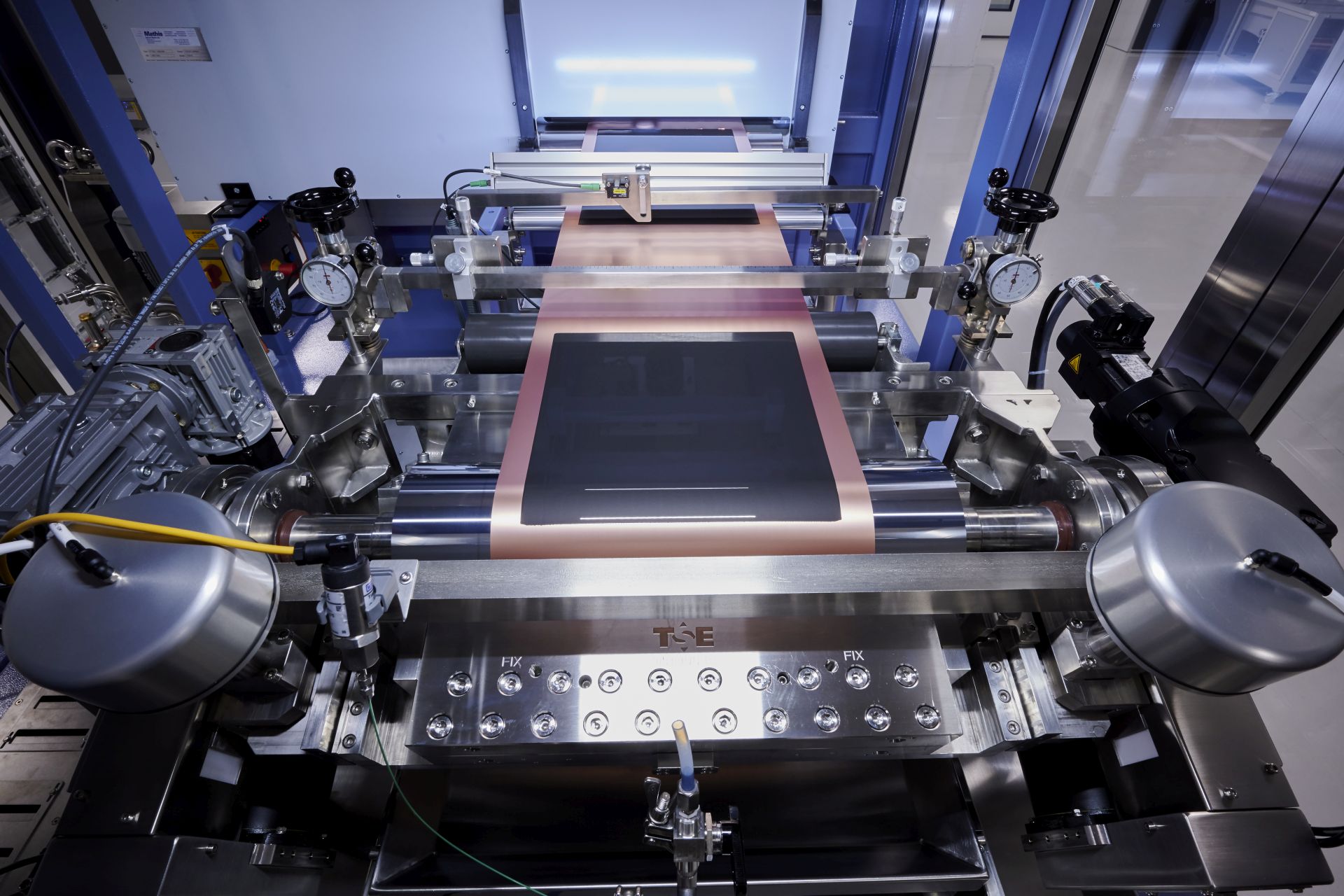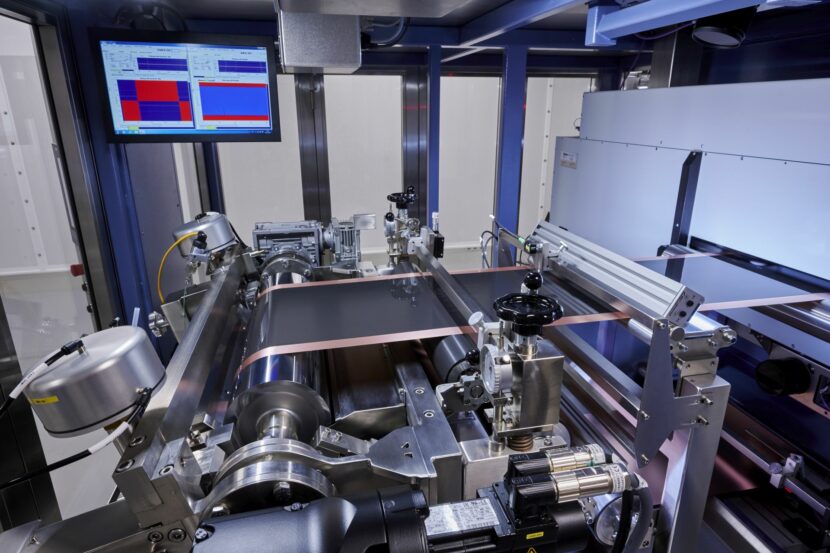Solid state batteries are the future. They feature higher capacities from smaller, lighter battery packs, while also using no rare earth materials, and don’t need the sort of cooling current battery packs do. At the moment, though, solid state tech is still in its infancy and is very expensive, which is why automakers don’t currently use it. However, BMW and Ford might start surprisingly soon, thanks to their investments into Colorado-based battery startup, Solid Power.
Solid state batteries work essentially by replacing the liquid electrolyte, which separate’s the battery’s cathode and anode, with a solid electrolyte. This not only makes the battery more stable, unaffected by outside temperature changes, but it also ups the battery density while lowering the weight. Solid Power’s won’t reveal the composition of its solid electrolyte, though it did say that it is a sulfide. It also says that this new battery tech can be developed with the same techniques currently used in liquid electrolyte lithium-ion batteries.
According to Solid Power, it should be able to create battery packs ranging between 24-40 kWh at 400-volts, and 48-80 kWh at 800-volts. While 40 kWh is small for a car’s battery pack, it would work very well for plug-in hybrids. An 80 kWh battery pack would work really well in a lot of small-medium-sized cars. Solid Power also claims that its batteries can potentially charge from 10-90-percent in under 15 minutes at their fastest speeds.
Solid state batteries are also safer. Solid Power tested its battery tech with nail punctures and even overcharging it by 200-percent. After the nail puncture, the battery only reached 81 degrees Fahrenheit. While the overcharge only caused it to reach 156-degrees Fahrenheit. So there’s no real risk of fire in the event of a crash, like there is with a typical EV.
Solid Power claims it wants to develop 15,000 solid state cells to its OEM partners every year for development testing. Considering BMW and Ford are two of those partners, both brands could be on the cutting edge of battery tech.
[Source: Motor Trend]






































































